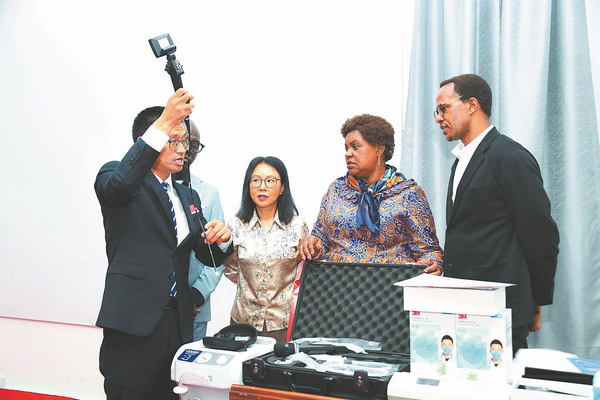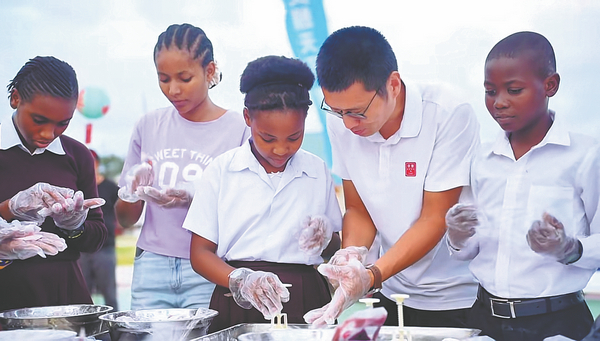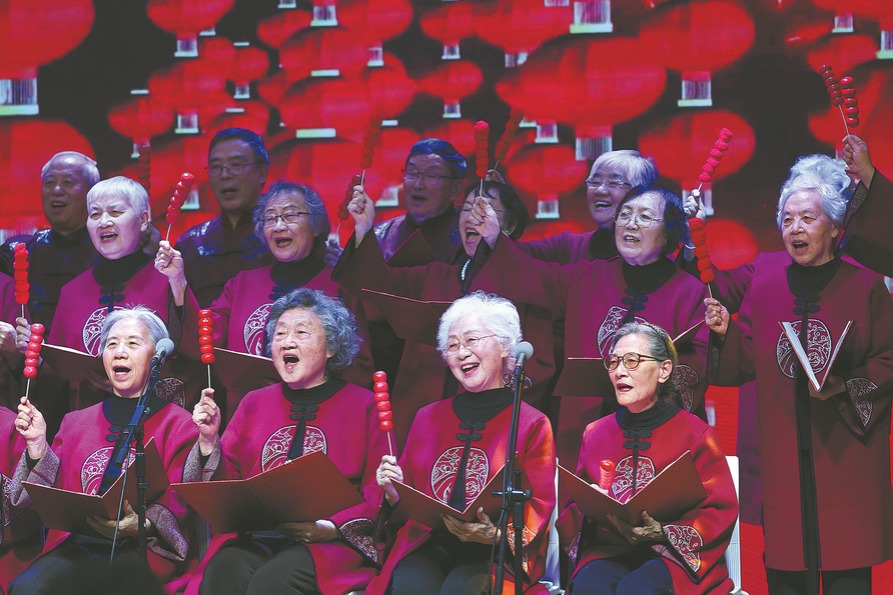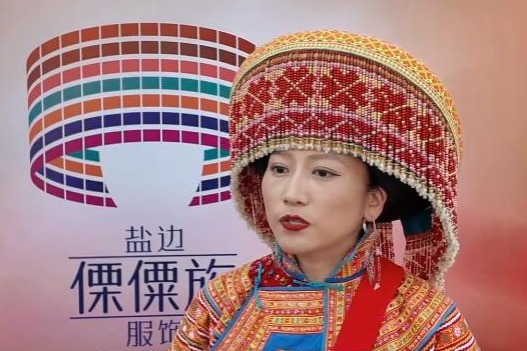Giving Tanzania the technical treatment
Medic's mission in African state extends beyond the hospital to building bridges between cultures, Wang Qian reports.


In November last year, Tanzania's Prime Minister Kassim Majaliwa honored China's medical team with a formal commendation for its outstanding support and partnership in the field of health and medical care over the past 10 years. "Saving lives is why we come. It's a doctor's duty," Zhang said at the 60th-anniversary celebration of diplomatic relations between China and Tanzania.
To commemorate April 7, World Health Day, he and other 12 members from the three Chinese medical teams in Tanzania organized a two-day mobile free clinic in the northern city of Arusha.
George Nsoke, leader of the Ngorongoro Conservation Area Authority medical center, says that the Chinese medics addressed long-standing shortages by sharing medical expertise and donating much-needed medicines and equipment.
Zhang says that the mobile clinic allowed the medical teams to extend their expertise and support to more regions in Tanzania to the benefit of more people.
Long before his mission, Zhang had already hit national headlines in China as the founder of Xintiao Xingdong (the Heartbeat Initiative), a nationwide campaign to teach the public first-aid skills and cardiopulmonary resuscitation, an emergency lifesaving procedure performed when the heart stops beating.

What began as a humble street stall initiative in 2020 — during which Zhang knelt on sidewalks in Weifang to demonstrate chest compressions — soon grew into a movement involving hundreds of medical professionals in 20 cities.
His efforts earned him widespread acclaim, including a nomination for the "Good Doctor of China", a prestigious honor recognizing medical professionals who go above and beyond in serving public health. He has also taken the program to Chinese companies in Tanzania during his two-year medical aid mission.
Since 1963, when China dispatched its first medical team to Algeria, about 25,000 Chinese medical workers have been sent to Africa, where they had treated some 230 million patients by the end of 2023, according to statistics from the National Health Commission.
Shandong Second Medical University has played an important role in this mission. Over four decades, it has sent 23 medical professionals to countries like Tanzania, the Seychelles and Tonga, overcoming hardships to deliver care and share expertise.
In reference to the devotion of generations of doctors and nurses who have offered a helping hand to Africa, Zhang says: "We carry the torch of our predecessors and the weight of their expectations."
Contact the writer at wangqian@chinadaily.com.cn




































